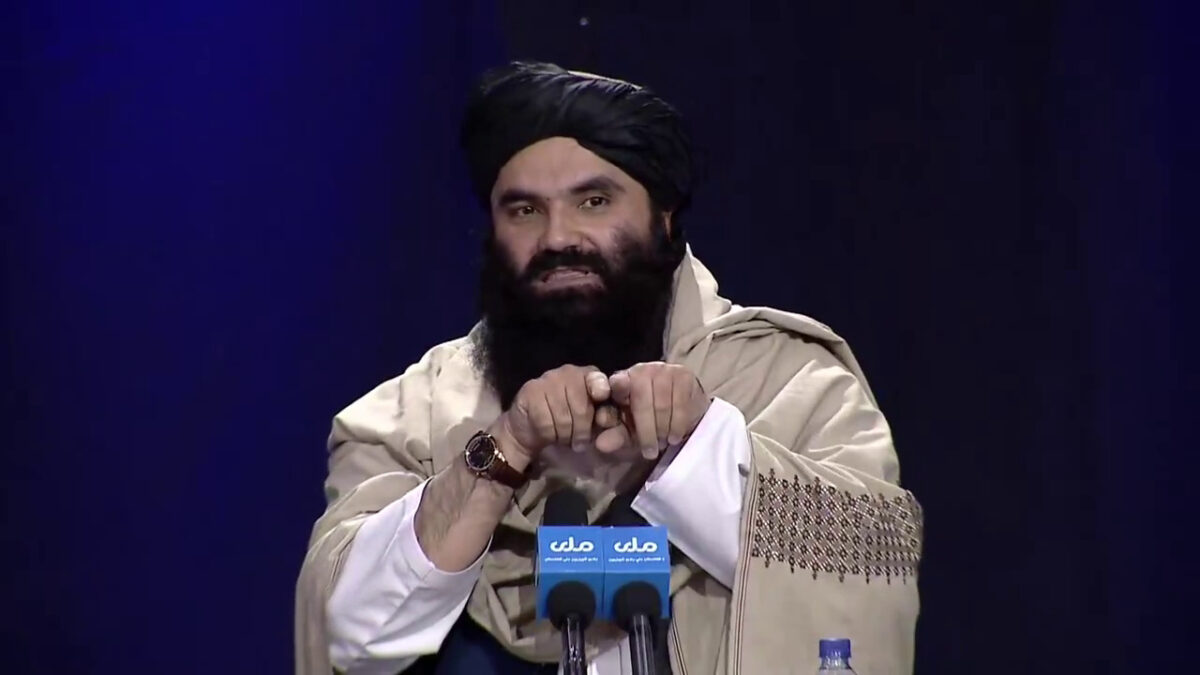On the 44th anniversary of the former Soviet Union’s invasion of Afghanistan, Taliban’s acting Interior Minister Sirajuddin Haqqani stated that their regime faces no immediate external threats. However, he warned of internal challenges like “ingratitude and recklessness” undermining Taliban rule.
The Soviet forces, which invaded Afghanistan on December 24, 1979, withdrew after a nine-year military presence. During an event in Kabul on Wednesday, Haqqani focused on the resilience of the Taliban’s governance, expressing concerns over internal discord within their ranks.
Haqqani remarked, “The government of Pakistan ousted us in a month, whereas global powers demanded 14 months from us. We should learn from the past 44 years and proceed cautiously.”
In a subsequent release, Haqqani’s speech was omitted from the recorded version of the event uploaded by the Taliban-run national TV on YouTube.
Contrasting views emerged from Taliban’s acting Foreign Minister Amir Khan Muttaqi, who expressed a pessimistic outlook on the regime’s stability. He emphasized that without Afghan cooperation, no global power could assert control over Afghanistan.
“There is no other power in the world that can be proud of Afghanistan, God forbid, unless the Afghans become friends with them. The Afghans today are united in one thought, have the motivation for freedom and are supporters of Islam,” he said.
Abdul Kabir, the Taliban’s political deputy chief minister, urged the world to learn from history and refrain from testing the Taliban, stating, “Leave us alone. We seek to live peacefully under our Islamic system.”
The United Nations, in a recent report, noted increased activities by Taliban opponents in Moscow, Dushanbe, and Vienna, indicating a rise in challenges to Taliban authority.
Two years and four months since the Taliban’s return to power, no country has officially recognized their rule. International and human rights organizations, including the United Nations, have accused the Taliban of human rights violations, particularly against women and girls. The lack of an inclusive government and assurances of human rights are cited as reasons for the absence of global recognition.





